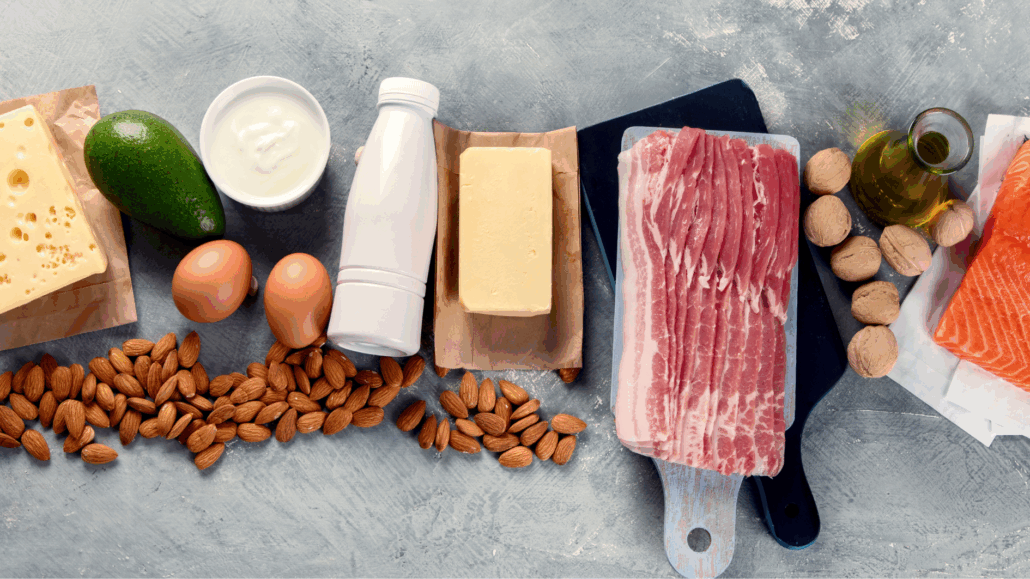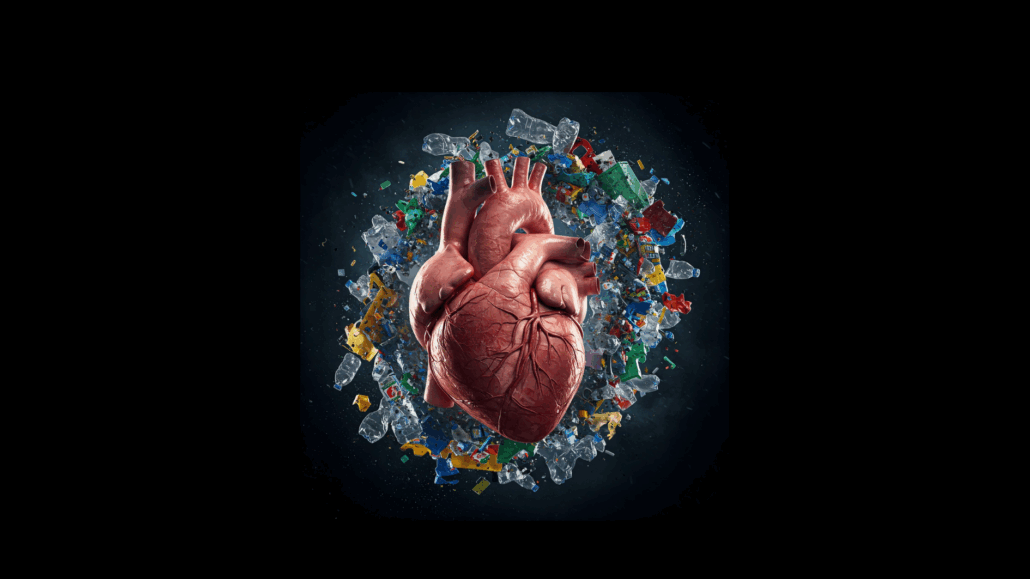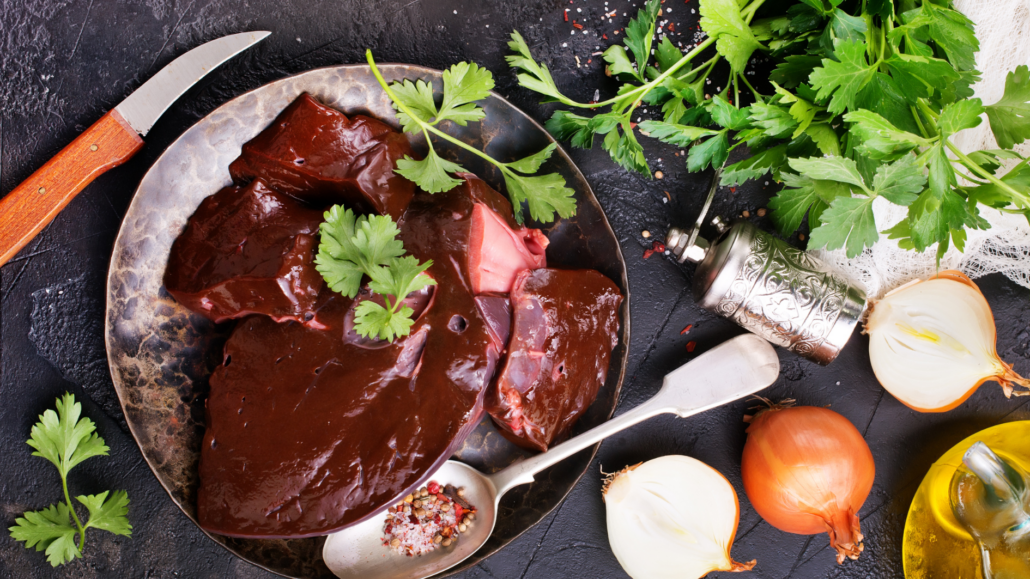We include products in articles we think are useful for our readers. If you buy products or services through links on our website, we may earn a small commission.
Top 5 Testosterone Boosting Foods
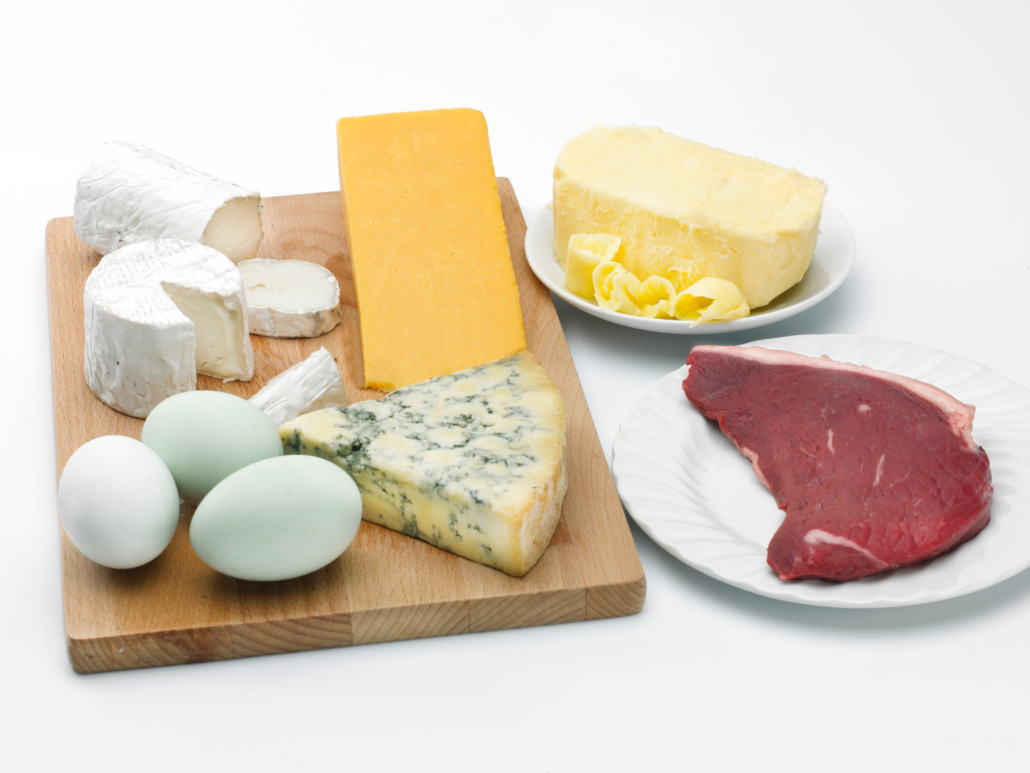
Testosterone is a hormone that plays a vital role in the health of both men and women. T is key to maintaining muscle mass, bone density, and sex drive, as well as regulating mood and energy levels. As we age, our testosterone levels naturally decline. And while you can maintain healthy T levels through sleep and exercise and increase T through controversial medication, testosterone-boosting foods can play an important role in balancing this vital hormone.
In this article, we’ll cover five key foods that can help raise and maintain testosterone levels and improve overall health and well-being.
Table of Contents
What is Testosterone, and why is it Important?
Testosterone is a major sex hormone in men with numerous functions related to development and equilibrium, including :
- Stages of puberty: development of penis and testes, deepening of the voice, facial and pubic hair growth
- Sperm production
- Muscle size and growth
- Bone growth
- Libido (sex drive)
Testosterone is part of our endocrine system, which includes glands throughout the body and hormones produced by these glands. These hormones are transported in the bloodstream via our circulatory system.
In males, testosterone levels are regulated by the brain, sending signals from the pituitary gland to the testes to increase or decrease the production of the hormone. Testosterone is primarily made in the Leydig cells of the testes.
While less prominent in female anatomy, testosterone is produced in the ovaries and adrenal glands. This male sex hormone, or androgen, aids ovarian function, sex drive, and bone strength. The proper balance of testosterone and estrogen is important to maintain normal brain function.
Normal measurements for testosterone are as follows:
These ranges may vary slightly depending on the type of testing among laboratories, so always speak to your doctor about your specific results.
Deficiencies
Testosterone deficiency is a syndrome in men characterized by the gradual reduction of hormone production. It is typically associated with advancing age, dropping by about 1% to 2% each year, starting around 40. The decline can vary a great deal from person to person.
One study found low levels of total testosterone (<11.3 nmol/L) in up to 20% of men over 60, 30% over 70, and 50% over 80 years old.
Some other factors contributing to testosterone deficiency may include obesity, chronic disease, environment, and certain medications.
Symptoms of testosterone deficiency include:
Treatment for testosterone deficiency remains controversial due to the varying and conflicting results and side effects associated with certain medications.
So, how can we address this deficiency? Let’s start with food!
Top 5 Testosterone-Boosting Foods
1. Ribeye Steak
Ribeye steak is a great source of nutrients, including B vitamins, vitamin K2, zinc, copper, iron, carnitine, and CoQ10.
This tender cut is from the longissimus dorsi. It runs along the cow’s shoulder blade to hip bone and contains marbling, or intramuscular fat, which gives the ribeye juiciness and more flavor than leaner cuts.
Studies suggest that high-fat, low-carb diets that center around fatty, whole foods like ribeye steak are a powerful approach to boosting your testosterone, while low-fat diets can tank your T.
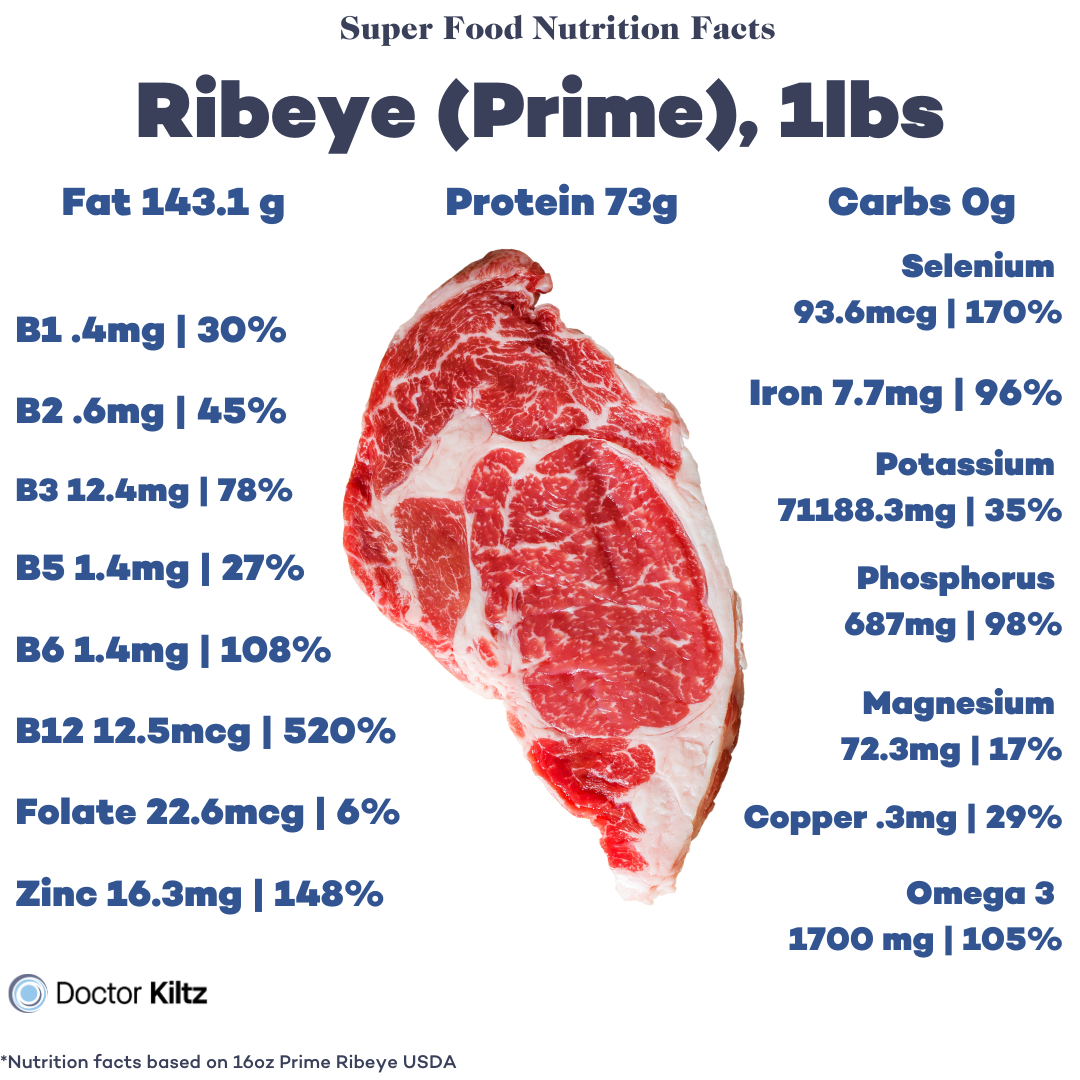
2. Liver
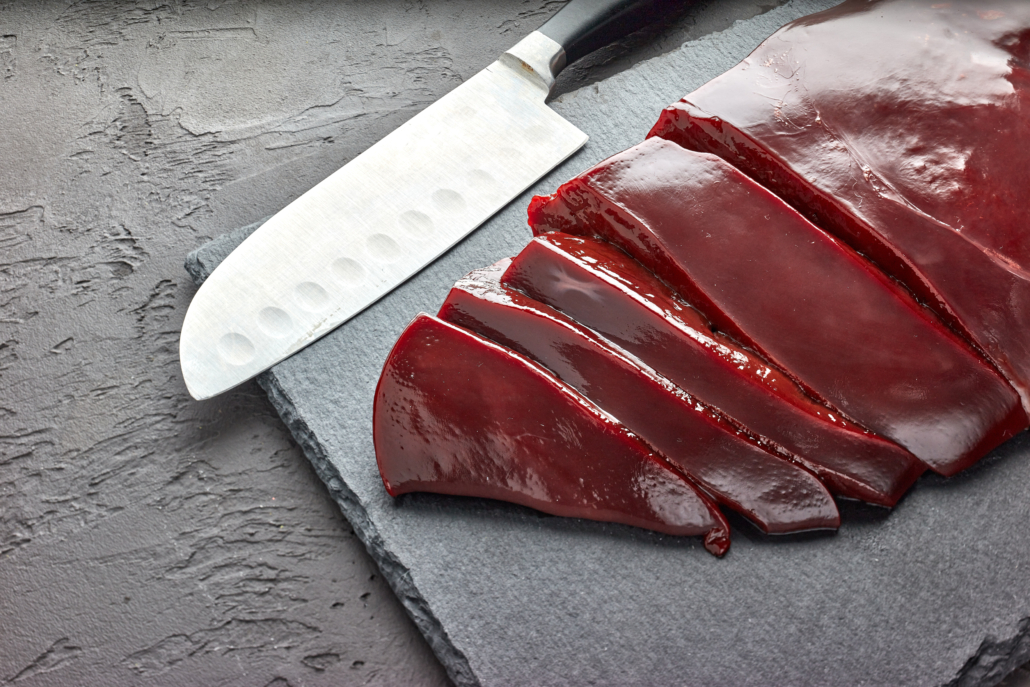
Liver is one of the most nutrient-dense foods on earth–in fact, it’s often referred to as nature’s multi-vitamin.
Loaded with vitamin A, B vitamins, and iron, this superfood is linked to greater endurance, improved cognition, greater immunity, and, you guessed it, boosting testosterone levels!
There are different types of liver, and each has its own nutrition profile. Beef liver is rich in vitamin k2, zinc, and vitamin D. All are vital building blocks for testosterone production.
Liver is also a great source of dietary cholesterol, an important factor in the synthesis of testosterone.
3. Eggs
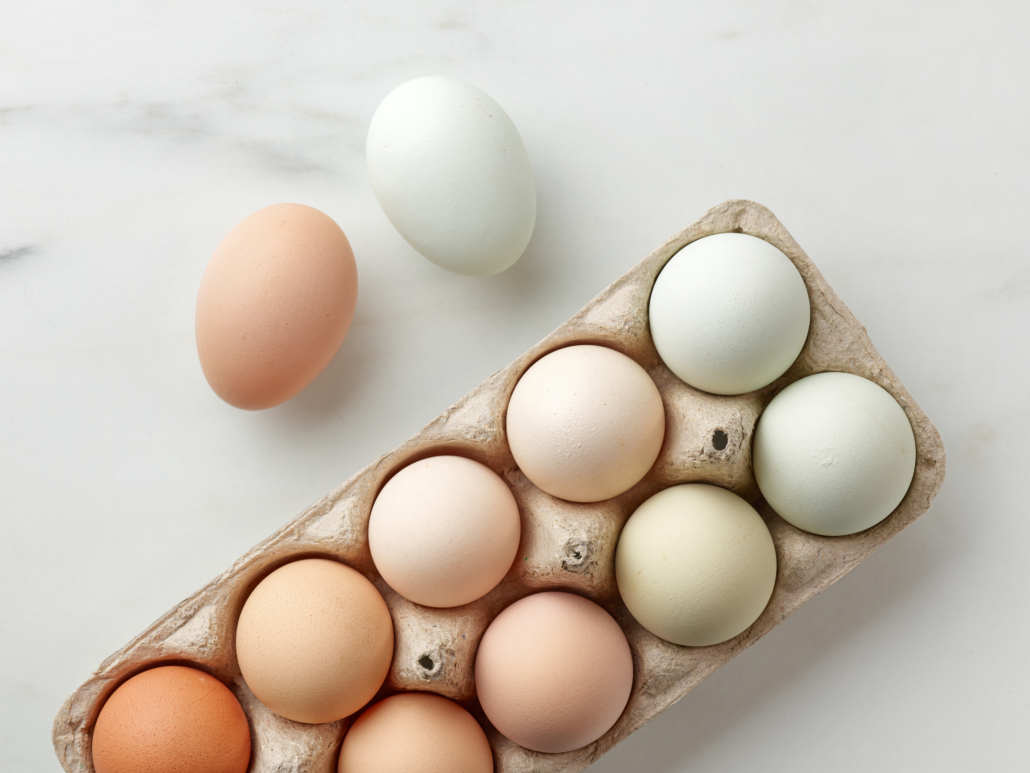
Like the other foods on this list, Eggs are one of the most nutritious foods you can eat, and an excellent source of high quality protein, healthy fats, essential vitamins, and hard-to-get minerals. All of which can play a crucial role in balancing hormones.
Eggs, especially from pasture-raised hens, are high in vitamin D, an essential nutrient that helps boost testosterone production in the body. Studies suggest a strong link between increasing your levels of vitamin D and increasing your testosterone. They also show that when you’re deficient in vitamin D, you’re likely low in T.
Egg yolks are also rich in selenium, a mineral that supports immune function, protects cells from damage, and acts as a powerful antioxidant by combatting free radicals. Studies have linked selenium with an increase in testosterone.
4. Oysters
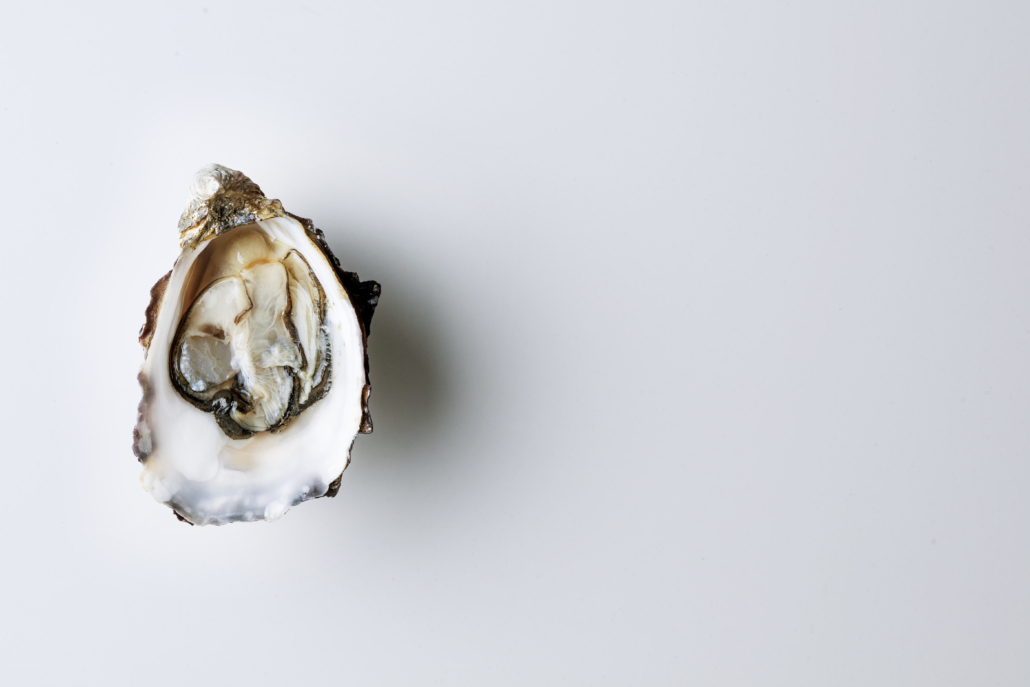
Oysters have a classic reputation as an aphrodisiac, and this is likely due to the fact that oysters are loaded with trace minerals that can support balanced hormone production. Our sex drive is extremely dependent on the balanced production of our sex hormones.
Oysters provide more zinc than any other foods, and contribute an abundance of vitamin B12, selenium, and iron.
A mere 3.5 oz serving provides 100% of your Recommended Daily Value (RDV) for B12, zinc, and copper — and over 75% of your RDV for vitamin D and selenium.
Zinc is essential in regulating immunity and bone health. Zinc deficiency has been linked to low T. Therefore, maintaining a healthy intake of this nutrient is important in supporting your T levels.
5. Cheese
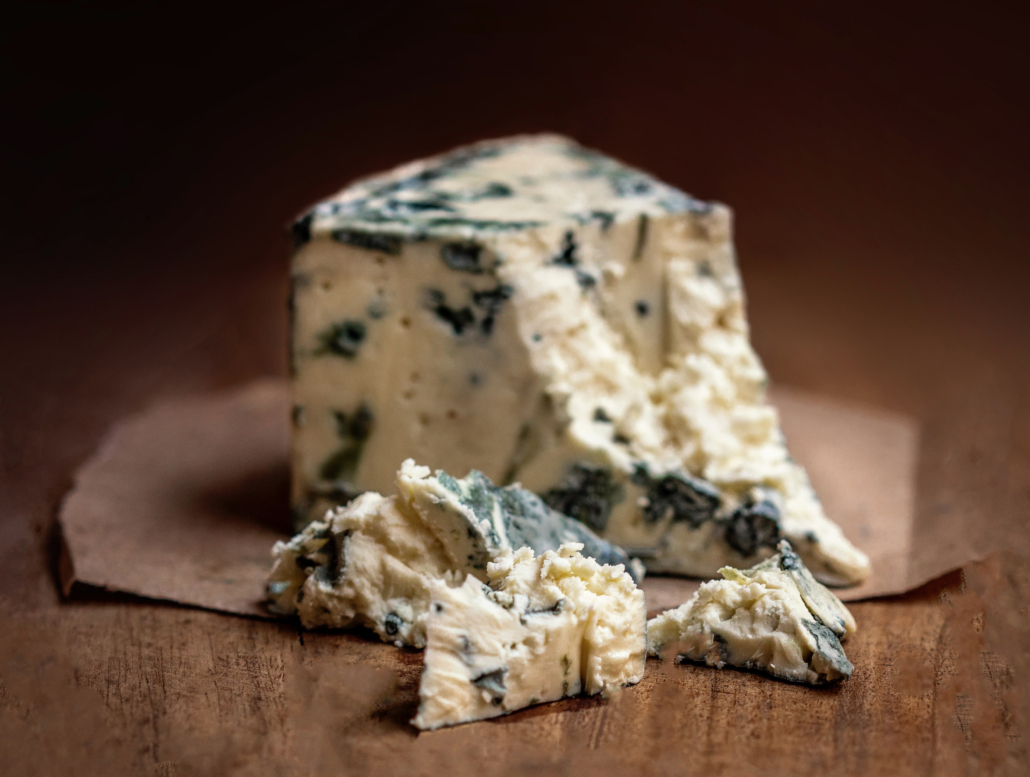
Cheese is a quintessential high-fat, low-carb food containing :
- Protein
- Saturated fats
- Minerals (calcium, iodine, magnesium, zinc, potassium)
- Vitamin B12, Vitamin A, and Vitamin D (may contain up to 25% of the RDV, depending on the variety)
Cultured cheeses like blue cheese also contain powerful bioactive peptides that improve immunity and reverse aging on a cellular level, which preserves your body’s innate ability to turn these nutrients into testosterone and other age-defying hormones.
Testosterone Boosting Foods: The Bottom Line
As we age, testosterone levels tend to take a nose dive. Incorporating nutrient-dense whole foods into your diet now may help lower the risk of T deficiency in older age.
Remember that good sleep habits, regular exercise, and maintaining a healthy weight also play important roles in regulating hormone production in the body.
Foods that help maintain healthy testosterone production will also improve overall vitality and well-being.











